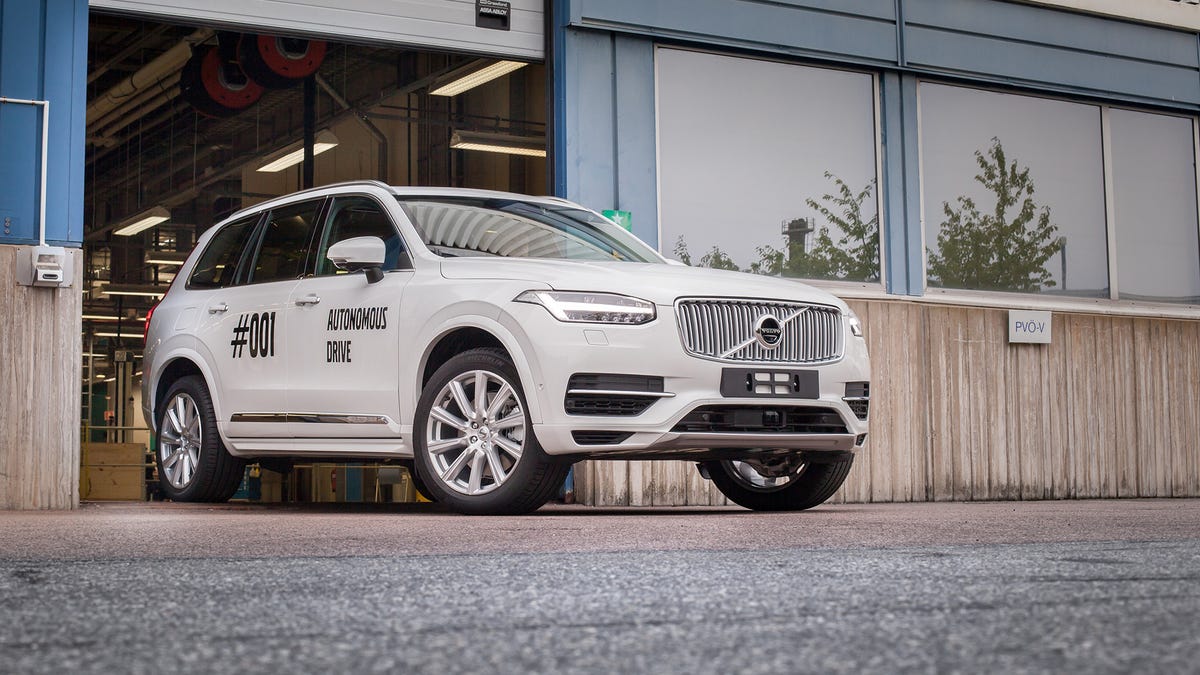US government will finally release policy on autonomous vehicles
It aims to facilitate the "responsible" introduction of self-driving cars.

Since the first autonomous car hit the road, the legal framework for self-driving vehicles has been left to the states. That's created inconsistent policy with no overarching framework in sight. Thankfully, the US federal government is finally joining the game with its new Federal Automated Vehicles Policy.
On Tuesday, the government will issue federal policy, comprising a four-section package to help facilitate the "responsible" testing and deployment of self-driving vehicles. The policy will include a 15-point "Safety Assessment," which the government has asked automakers to sign and submit when an autonomous car is believed to be ready for public roads. The policy covers topics like validation methods, privacy, post-crash behavior and crashworthiness.
It also helps set the foundation for consistent policies on the state level. It provides clear delineation between federal and state responsibilities without forcing the states to all create the same policy. The feds will cover safety standards, compliance, recalls and public education, with states focusing on testing permissions, law and regulation enforcement and licensing.
The policy also addresses the role of the National Highway Traffic Safety Administration. It specifically mentions NHTSA's ability to bend the rules for vehicle design and other parameters on a case-by-case basis. NHTSA will also look into new measures, such as creating special safety standards for "revolutionary vehicle designs," an example of which would be a car without pedals or a steering wheel.
"But wait, there's more," as the late Billy Mays might say. NHTSA will also release new information on how to handle autonomous vehicle recalls. Specifically, it may recall vehicles with semi-autonomous driving systems -- like Mercedes-Benz Drive Pilot or Tesla Autopilot -- "that fail to adequately account for the possibility that a distracted or inattentive driver-occupant might fail to retake control of the vehicle in a safety-critical situation." Basically, cutting-edge autonomy tech will need to account for the idiots in our midst.
The government will solicit public comments for 60 days, and it will potentially update this policy each year as technology changes. The DOT stressed during its conference call that it wanted this policy to strike a balance between safety and innovation. It also reaffirmed that it will leave plenty of power in the hands of each state, despite a desire to keep the playing field somewhat even across the country.

